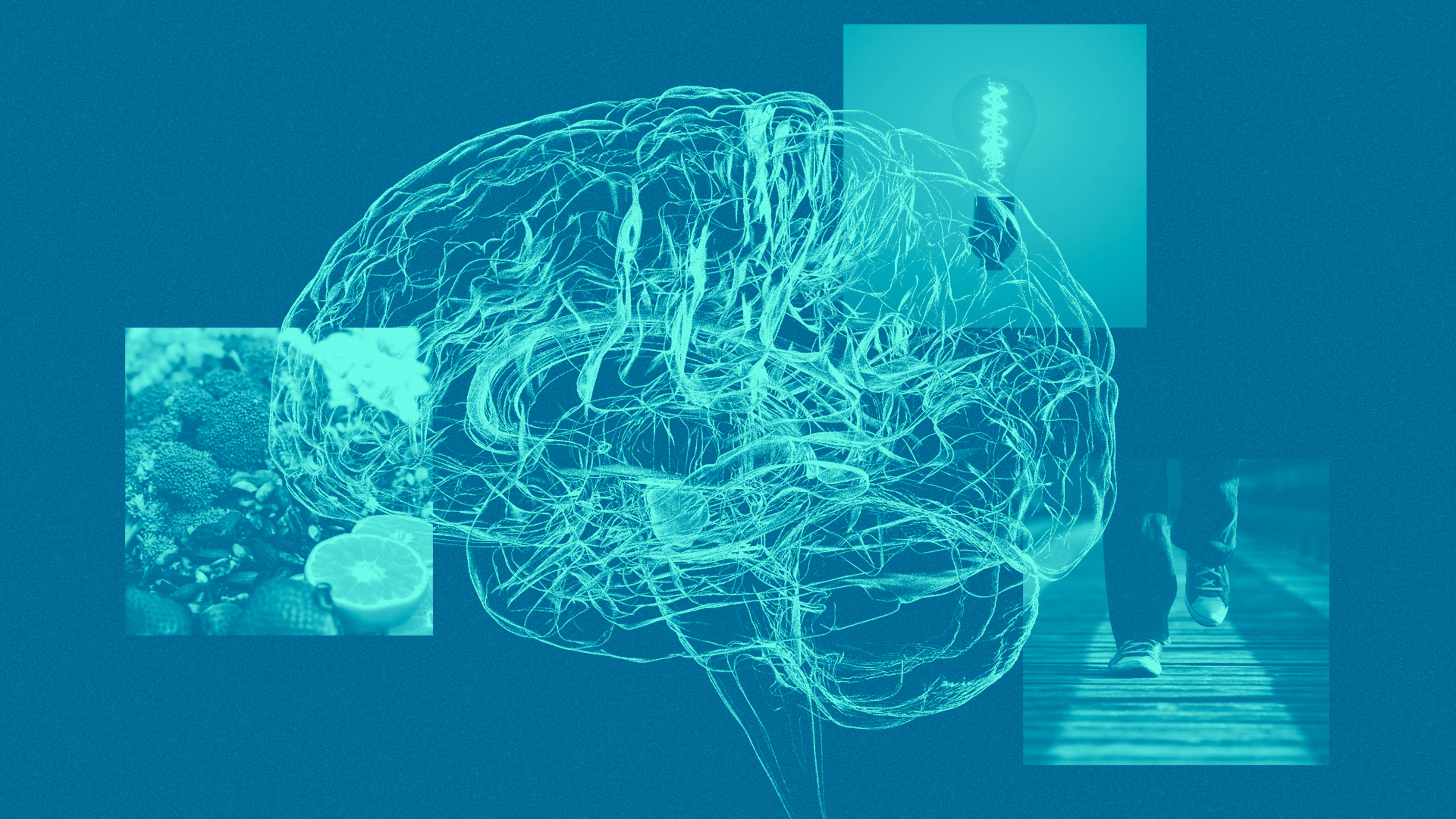When you forget things, you fall short:
- What time was that meeting tomorrow?
- Was it April who said she might want to become a customer in August, or was it August who said to call him next April?
- Wait, what was the third thing?
I joke, of course, but if there’s one thing many business leaders worry about—especially as they grow a bit older—it’s whether their memories have suffered.
So, let’s go to the neuroscience: five specific tricks to improve memory and recall things better.
1. Walk backward
Let’s start with my favorite on the list, because the neuroscientists who came up with it can’t even explain why it works. Researchers from the University of Roehampton in London divided their subjects into three groups.
In Group 1, participants were asked to watch a short movie, or memorize words, or study a set of pictures while walking forward.
In Group 2, participants completed the same tasks while walking backward.
In Group 3, participants acted as a control group, doing the same tasks but standing still.
Results? The walking backward group (Group 2) recalled the movies, the words, and the pictures more accurately later, as the researchers reported in the journal Cognition.
Why? Well, we don’t know for sure. One theory is that the brain organizes memories spatially, so creating a rarer experience—like walking backward—leads to memories being stored differently.
2. Eat fruits and vegetables
Next up: a massive study of 27,842 conducted by researchers associated with the Harvard School of Public Health, which found a link between diet and memory.
Specifically, eating more vegetables and fruits (even fruit juice), and especially high levels of dark orange vegetables, red vegetables, leafy greens, and berry fruits, correlated to less memory loss later in life.
The only bad news out of this study—assuming that you do in fact like to eat fruits and vegetables, which I assume most of us do—is that this was a very long-range study, and so it’s consumption of fruits and vegetables while young that counts the most.
In other words, you can’t live on unhealthy food for 50 or 60 years and then make up for it by tripling down in your later years.
Still, it can’t hurt. And it’s good advice for the next generation.
3. Get better lighting
Here’s a simple one to fix. A laboratory study out of Michigan State University determined that working in an environment with dim lighting can “change the brain’s structure and hurt one’s ability to remember and learn.”
This was literally a lab-rat study:
- Half of a group of Nile grass rats were kept in an environment with dim lighting; imagine a poorly lit office with fluorescent bulbs above.
- The other half of the group of rats lived in an environment with much brighter lighting. Imagine a sunny day outside.
In the end, the rats in the dim light “lost about 30 percent of capacity in the hippocampus, a critical brain region for learning and memory, and performed poorly on a spatial task they had trained on previously,” according to the study.
There’s a neuro-biological theory as to why, but for our purposes, the best takeaway is probably simply to make sure that you have sufficient lighting where you work. Oh, and if your employees are still working remotely — be a leader and make sure they do, too.
4. Try intermittent fasting
Next up, a three-month study out of King’s College London. Researchers here wanted to determine if intermittent fasting might spur hippocampal neurogenesis (specifically, the development of brain genes known as klotho), and improve the memory performance of lab mice.
So, three groups:
- A control group of mice who were treated and fed as always
- A calorie-restricted group (CR), for which daily food intake was reduced by 10 percent
- An intermittent fasting group (IF), for which food was similarly reduced, but that were fed only every other day during the study
The results? The study found that the intermittent fasting group had “improved long-term memory retention compared to the other groups,” and also had “upregulated klotho genes … and neurogenesis.”
The lead author, Dr. Sandrine Thuret, leader of the Adult Neurogenesis & Mental Health Laboratory, gave a TED Talk on the whole thing that now has 12 million views entitled, “You Can Grow New Brain Cells. Here’s How.”
5. Don’t worry
Neuroscientists at Trinity College in Dublin surmised recently in the journal Nature Reviews Neuroscience that forgetfulness has a lot more to do with inability to access memories, as opposed to whether the memories were still physically stored in the brain.
And while that might seem like a distinction without a difference, these researchers say it might be a net positive:
Rather than being a bug, forgetting may be a functional feature of the brain, allowing it to interact dynamically with the environment.
I know this might seem a bit self-referential, but the best advice here might simply be not to worry about normal memory loss.
Instead, accept it as a normal, healthy part of brain function–but also shore up your important memories with checklists, calendars, and other tools. It just might turn out that forgetting things doesn’t mean you’re getting older or suffering memory loss. It might just mean that you’ve got a lot going on.
As I write in my free e-book Neuroscience: 13 Ways to Understand and Train Your Brain for Life, there’s nothing more fascinating than the human brain, and the unexpected ways in which it works. Memory is always at the top of the list.
Bill Murphy Jr. is the founder of Understandably.com and a contributing editor at Inc.com.
Recognize your brand’s excellence by applying to this year’s Brands That Matter Awards before the early-rate deadline, May 3.
